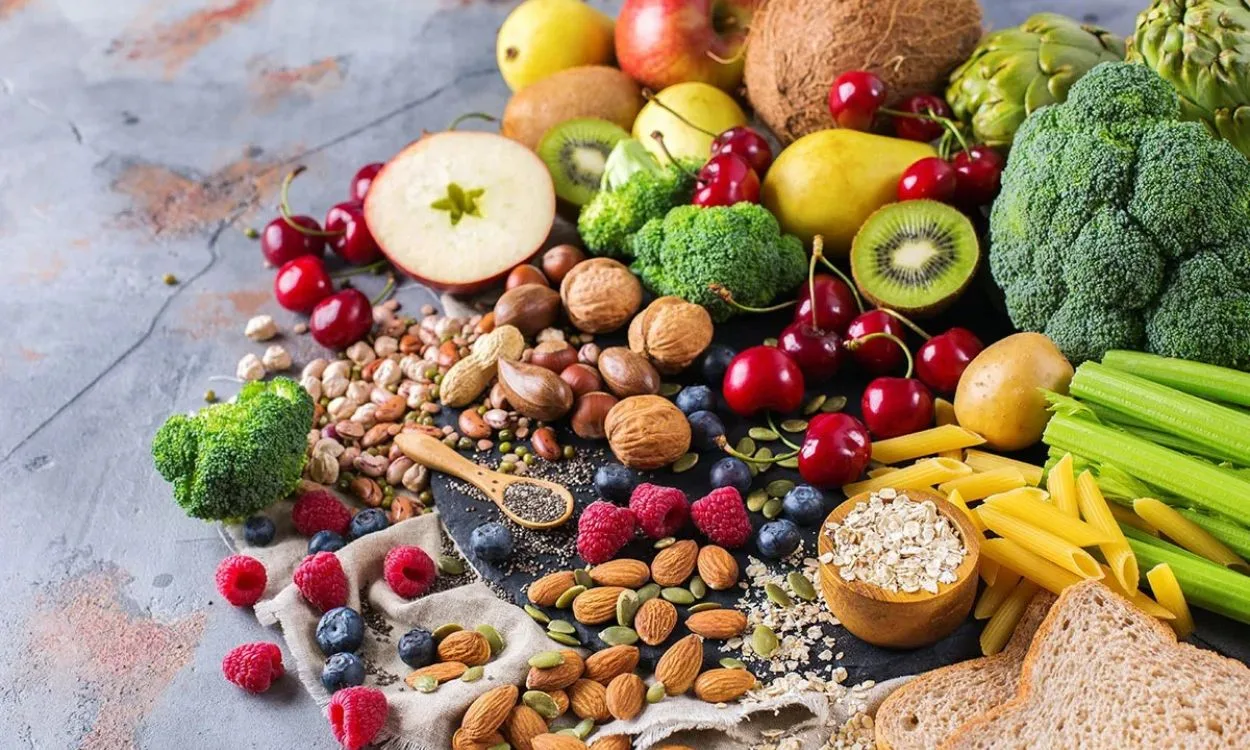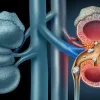How Do Vitamins and Minerals Affect Energy Levels?
Introduction
When it comes to maintaining optimal energy levels throughout the day, vitamins and minerals play a crucial role. These essential nutrients are involved in various metabolic processes that directly impact our energy production and overall well-being. In this article, we will explore how vitamins and minerals affect energy levels and the importance of incorporating them into our daily diet.
1. B Vitamins
B vitamins, including B1 (thiamine), B2 (riboflavin), B3 (niacin), B5 (pantothenic acid), B6 (pyridoxine), B7 (biotin), B9 (folate), and B12 (cobalamin) are vital for energy production. They help convert the food we consume into energy and are involved in the metabolism of carbohydrates, proteins, and fats. A deficiency in B vitamins can lead to fatigue, weakness, and decreased energy levels.
2. Vitamin C
Vitamin C is well-known for its immune-boosting properties, but it also plays a role in energy production. It is involved in the synthesis of carnitine, a molecule that helps transport fatty acids into the mitochondria, where they are used as a source of energy. Additionally, vitamin C acts as an antioxidant, protecting the body against oxidative stress, which can contribute to fatigue.
3. Iron
Iron is a mineral that is essential for the production of hemoglobin, a protein in red blood cells that carries oxygen to tissues and cells. Without adequate iron levels, the body struggles to deliver oxygen efficiently, leading to fatigue and decreased energy levels. Iron-rich foods include lean meats, beans, spinach, and fortified cereals.
4. Magnesium
Magnesium is involved in over 300 enzymatic reactions in the body, including those related to energy production. It plays a crucial role in the conversion of glucose into ATP (adenosine triphosphate), the body’s main source of energy. Low magnesium levels can result in decreased energy production and feelings of fatigue. Good dietary sources of magnesium include leafy green vegetables, nuts, seeds, and whole grains.
5. Zinc
Zinc is an essential mineral involved in numerous biochemical reactions in the body, including energy metabolism. It plays a role in the synthesis of ATP and is necessary for the proper functioning of enzymes involved in energy production. Zinc deficiency can lead to decreased energy levels and impaired immune function. Foods rich in zinc include oysters, red meat, poultry, beans, and nuts.
6. Vitamin D
Vitamin D, often referred to as the “sunshine vitamin,” is crucial for overall health and well-being. It plays a role in energy production by influencing the function of mitochondria, the powerhouse of the cells. Low vitamin D levels have been associated with fatigue and reduced energy levels. Sun exposure, fortified foods, and fatty fish are good sources of vitamin D.
7. Coenzyme Q10
Coenzyme Q10 (CoQ10) is a compound that is naturally produced by the body and is involved in energy production at the cellular level. It acts as a powerful antioxidant and helps generate ATP. CoQ10 levels naturally decline with age, and supplementation may be beneficial for individuals experiencing low energy levels. Dietary sources of CoQ10 include fish, meat, and nuts.
Conclusion
Vitamins and minerals are essential for maintaining optimal energy levels and overall health. Incorporating a variety of nutrient-rich foods into your daily diet can help ensure an adequate intake of these vital nutrients. However, if you’re struggling to meet your nutritional needs or need additional support in achieving your health and fitness goals, the Fitpaa app can provide personalized guidance and assistance. Download the Fitpaa app today and embark on a journey towards improved energy levels, well-being, and overall fitness.









